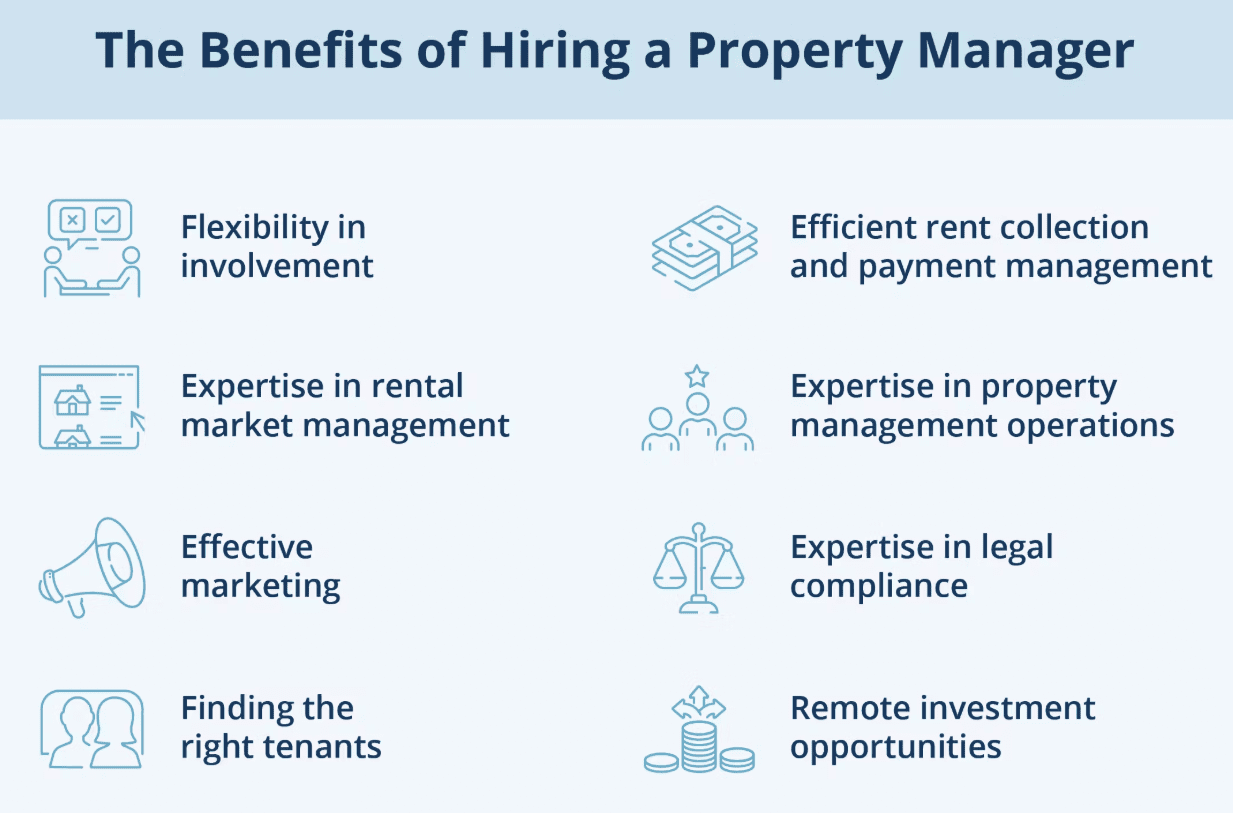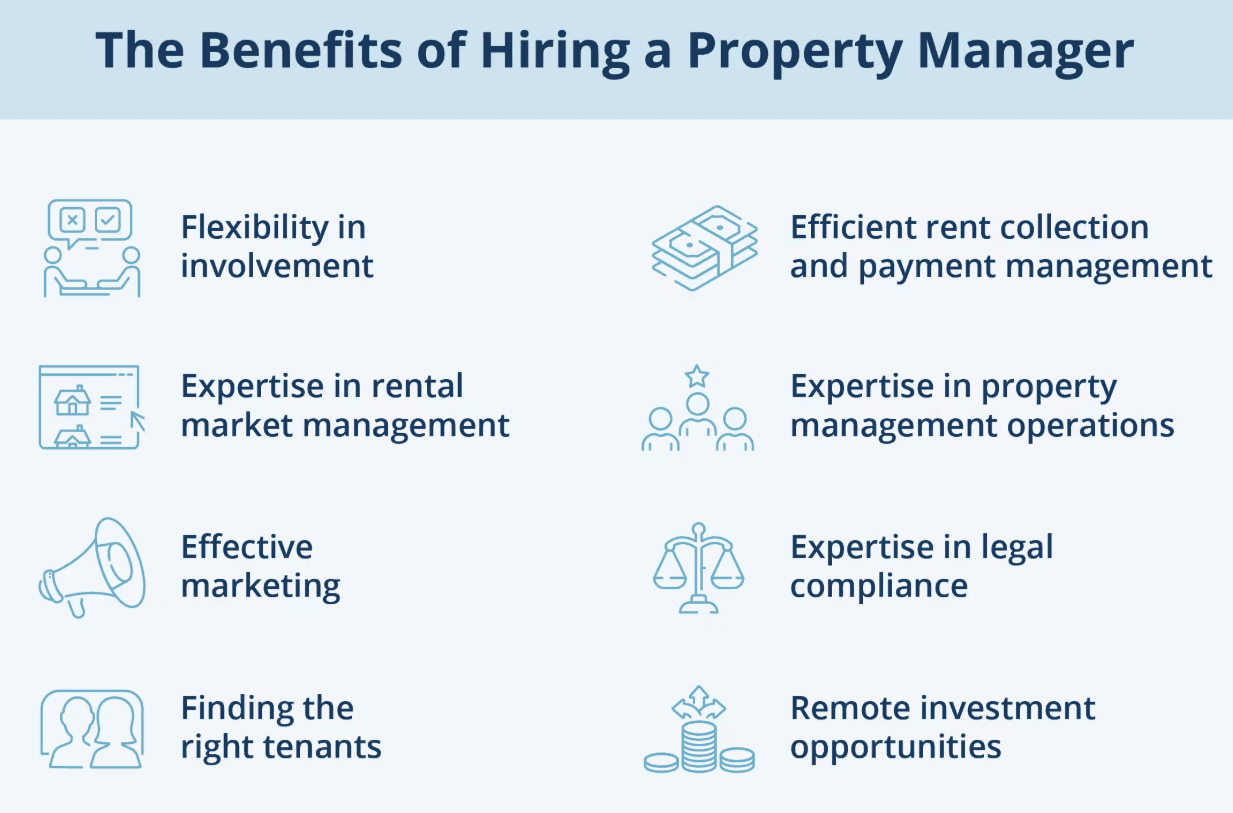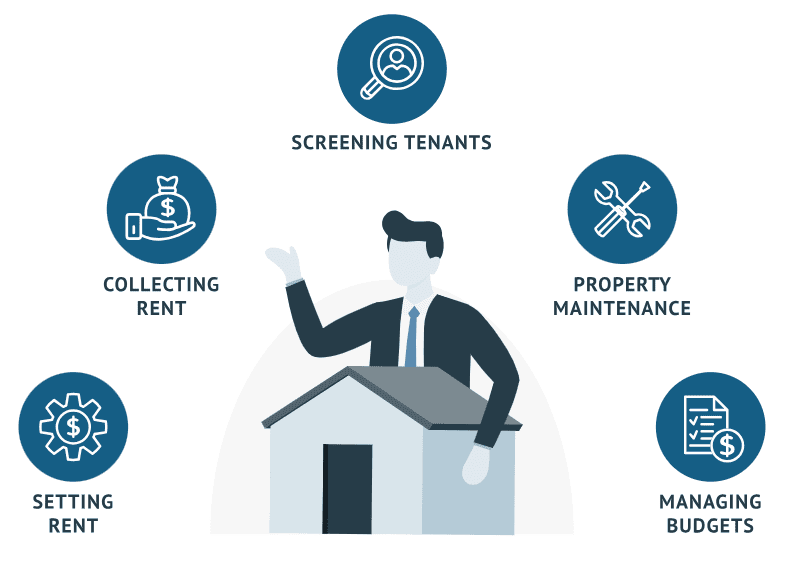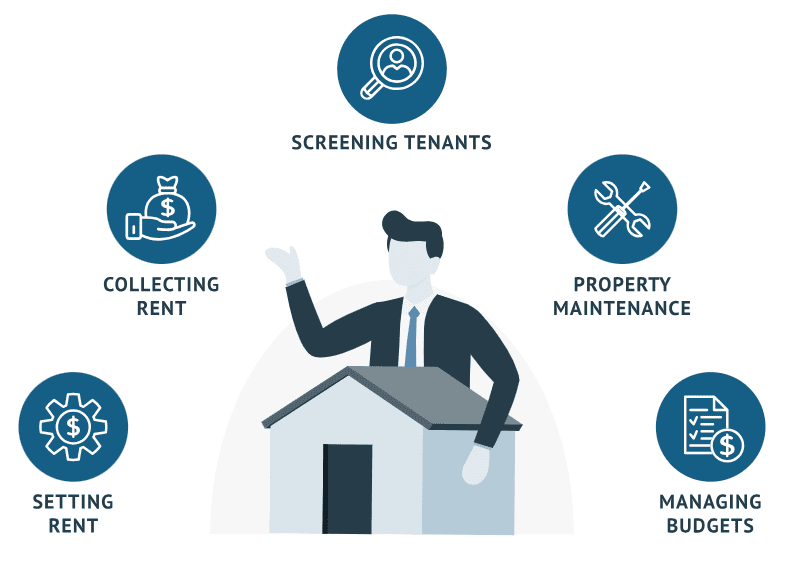The ability to consistently attract and secure qualified tenants is the lifeblood of any successful property management operation in the United States. Vacancy periods directly impact profitability, making the role of the Tenant Acquisition Specialist – or Leasing Agent – critical. However, the nuances of the US leasing market, characterized by diverse local regulations, varying competitive landscapes across states and cities, and the increasing reliance on digital marketing, present significant challenges for property owners and management companies. Outsourcing this function can offer a strategic advantage by providing access to specialized expertise and scalable resources. The United States boasts a highly diverse real estate market, with tenant rights and landlord obligations varying significantly from state to state and even at the local level. Understanding and adhering to these regulations, including fair housing laws that prohibit discrimination based on protected characteristics, lease agreement requirements, and eviction procedures, is paramount. Furthermore, the competitive dynamics of rental markets can fluctuate dramatically based on location, property type, and economic conditions. An effective tenant acquisition strategy must be tailored to these specific local and regional factors.


The Tenant Acquisition Specialist: Mastering Leasing and Occupancy Through Outsourcing
The ability to consistently attract and secure qualified tenants is the lifeblood of any successful property management operation in the United States. Vacancy periods directly impact profitability, making the role of the Tenant Acquisition Specialist – or Leasing Agent – critical. However, the nuances of the US leasing market, characterized by diverse local regulations, varying competitive landscapes across states and cities, and the increasing reliance on digital marketing, present significant challenges for property owners and management companies. Outsourcing this function can offer a strategic advantage by providing access to specialized expertise and scalable resources.
The Nuances of the US Leasing Market: Local Regulations and Competitive Dynamics
The United States boasts a highly diverse real estate market, with tenant rights and landlord obligations varying significantly from state to state and even at the local level. Understanding and adhering to these regulations, including fair housing laws that prohibit discrimination based on protected characteristics, lease agreement requirements, and eviction procedures, is paramount. Furthermore, the competitive dynamics of rental markets can fluctuate dramatically based on location, property type, and economic conditions. An effective tenant acquisition strategy must be tailored to these specific local and regional factors.
Outsourcing Strategies for Lead Generation, Qualification, and Conversion
Outsourcing tenant acquisition can take various forms, each with its own set of advantages and considerations for US property owners:
- Specialized Leasing Agencies: These agencies focus solely on tenant placement and often possess extensive local market knowledge and established marketing networks. They typically charge a fee based on successful placements (e.g., a percentage of the first month's rent).
- Individual Real Estate Agents/Contractors: Engaging independent agents can provide flexibility and local expertise, particularly for smaller portfolios or specific property types. Their compensation structures can vary.
- Virtual Leasing Assistants: Leveraging remote administrative professionals with specialized training in leasing tasks can handle initial inquiries, schedule showings, manage online listings, and conduct virtual tours, often at a lower cost than on-site staff.
- Marketing and Advertising Firms: Outsourcing marketing efforts to firms specializing in real estate can significantly enhance lead generation through targeted online campaigns, social media marketing, and search engine optimization (SEO).
Leveraging Technology in Outsourced Leasing: Virtual Tours, Online Applications, and CRM Integration
Technology plays an increasingly vital role in modern tenant acquisition. Outsourced leasing teams can leverage sophisticated tools to enhance efficiency and reach:
- Virtual Tours: Providing prospective tenants with immersive online tours of properties, expanding reach and saving time on in-person showings.
- Online Application and Screening Platforms: Streamlining the application process, conducting background checks, and verifying income efficiently and compliantly.
- CRM Integration: Utilizing Customer Relationship Management (CRM) systems to manage leads, track interactions, and automate follow-up communications, ensuring no potential tenant is overlooked. Integrating these CRM systems with property management software is crucial for a seamless workflow.

Establishing Crystal-Clear Expectations and Service Level Agreements (SLAs) with Outsourcing Partners
For US businesses venturing into property management outsourcing, the foundation of a successful partnership lies in establishing unambiguous expectations and meticulously crafted Service Level Agreements (SLAs). These documents serve as the cornerstone of the relationship, outlining the scope of work, performance metrics, response times, quality standards, and reporting requirements. For instance, an SLA for an outsourced leasing team in a competitive US market might specify targets for lead response times (e.g., within 24 hours), the number of qualified applicants generated per month, and lease conversion rates. For outsourced maintenance coordination, SLAs could define acceptable response times for emergency repairs, the quality of vendor work (measured through tenant satisfaction surveys), and adherence to local building codes and safety regulations prevalent in the US. Clear SLAs not only set the stage for accountability but also provide a benchmark against which the performance of the outsourcing partner can be objectively measured, ensuring alignment with the US business's objectives and quality standards.
Implementing Robust Communication Protocols and Collaboration Tools for Seamless Integration
Effective communication is paramount when managing remote or outsourced property management teams, especially across different time zones within the US or with international providers. Establishing clear communication protocols and leveraging appropriate collaboration tools are essential for seamless integration. This might involve regular video conferencing for team meetings, utilizing project management software for task assignment and tracking (e.g., Asana, Trello), implementing instant messaging platforms for quick queries (e.g., Slack, Microsoft Teams), and establishing clear escalation pathways for urgent issues. For US-based property owners, it's crucial to consider the communication preferences and time zone differences when working with outsourcing partners. Utilizing collaborative document sharing platforms (e.g., Google Workspace, Microsoft SharePoint) ensures that all team members, regardless of location, have access to the latest information and can work together efficiently on tasks such as lease agreement reviews or financial report sharing.
Implementing Robust Communication Protocols and Collaboration Tools for Seamless Integration
Effective communication is paramount when managing remote or outsourced property management teams, especially across different time zones within the US or with international providers. Establishing clear communication protocols and leveraging appropriate collaboration tools are essential for seamless integration. This might involve regular video conferencing for team meetings, utilizing project management software for task assignment and tracking (e.g., Asana, Trello), implementing instant messaging platforms for quick queries (e.g., Slack, Microsoft Teams), and establishing clear escalation pathways for urgent issues. For US-based property owners, it's crucial to consider the communication preferences and time zone differences when working with outsourcing partners. Utilizing collaborative document sharing platforms (e.g., Google Workspace, Microsoft SharePoint) ensures that all team members, regardless of location, have access to the latest information and can work together efficiently on tasks such as lease agreement reviews or financial report sharing.


Implementing Data Security Measures and Confidentiality Agreements to Protect Sensitive Information
Property management involves handling a significant amount of sensitive data, including tenant personal information, financial records, and property details. For US businesses outsourcing property management roles, implementing robust data security measures and ensuring strict adherence to confidentiality agreements are non-negotiable. Outsourcing contracts must clearly outline the data security protocols that the partner will follow, including data encryption, access controls, and data breach notification procedures in compliance with US privacy laws. Regular security audits and assessments should be conducted to verify adherence to these protocols. Furthermore, comprehensive confidentiality agreements should be in place to protect sensitive information and prevent unauthorized disclosure. US businesses must choose outsourcing partners who demonstrate a strong commitment to data security and compliance with relevant US regulations.
Implementing Data Security Measures and Confidentiality Agreements to Protect Sensitive Information
Property management involves handling a significant amount of sensitive data, including tenant personal information, financial records, and property details. For US businesses outsourcing property management roles, implementing robust data security measures and ensuring strict adherence to confidentiality agreements are non-negotiable. Outsourcing contracts must clearly outline the data security protocols that the partner will follow, including data encryption, access controls, and data breach notification procedures in compliance with US privacy laws. Regular security audits and assessments should be conducted to verify adherence to these protocols. Furthermore, comprehensive confidentiality agreements should be in place to protect sensitive information and prevent unauthorized disclosure. US businesses must choose outsourcing partners who demonstrate a strong commitment to data security and compliance with relevant US regulations.
Enhancing Operational Flexibility and Adaptability to Fluctuating Market Demands in the US Real Estate Sector
The US real estate market is subject to cyclical fluctuations and regional variations in demand. Outsourcing provides US property owners with enhanced operational flexibility and adaptability to these changing market conditions. During periods of increased demand, such as the peak rental season in many US cities, outsourced teams can be quickly scaled up to handle the increased workload. Conversely, during slower periods, the level of outsourced support can be adjusted accordingly, providing a level of agility that is often difficult to achieve with a fixed in-house workforce. This flexibility allows US property owners to optimize their operational costs and maintain efficiency regardless of market fluctuations.
While contractual agreements and performance metrics are crucial, cultivating strong relationships and ensuring a degree of cultural alignment with outsourcing providers can significantly impact the success of the partnership, especially for US businesses seeking long-term collaborations. This involves establishing open and honest communication channels, fostering a sense of shared goals and values, and proactively addressing any potential cultural differences that might arise, particularly when working with international outsourcing partners. Regular interaction, including virtual meetings and occasional in-person visits if feasible, can help build trust and rapport. Understanding the outsourcing partner's work culture and ensuring it aligns with the US business's values and operational style can lead to a more collaborative and productive relationship.
In conclusion, the strategic outsourcing of property management roles presents a significant opportunity for US-based property owners and management companies to optimize their operations, enhance efficiency, and improve their bottom line in a competitive market. By carefully identifying roles suitable for outsourcing, establishing clear expectations and robust service level agreements, and diligently evaluating potential partners like Bpohub, US businesses can unlock a range of strategic advantages. These include substantial cost reductions, access to specialized expertise that might be difficult or expensive to cultivate in-house, and the ability to free up core teams to focus on strategic growth initiatives.
The evolving landscape of property management in the US, marked by increasing regulatory complexities, technological advancements, and a dynamic labor market, makes the strategic adoption of outsourcing a prudent and forward-thinking approach. By embracing a well-defined outsourcing strategy, US property owners can achieve greater operational flexibility, mitigate the burdens of recruitment and employee management, and ultimately position their businesses for sustained success and profitability in the years to come. The key lies in a thoughtful evaluation of needs, a rigorous selection process for outsourcing partners, and a commitment to establishing strong communication and performance management frameworks to ensure alignment and achieve desired outcomes.
